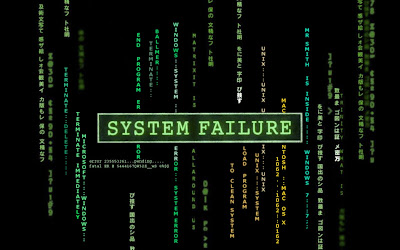Real-World Education for Modern Marketers

From MarketingProfs : The Federal Trade Commission's Telemarketing Sale Rule (TSR) includes regulations to support both law enforcement and consumers. It provides the FTC and state attorneys general law-enforcement tools to combat telemarketing fraud; it gives consumers added privacy protections and defenses against unscrupulous telemarketers; and it helps consumers differentiate between fraudulent and legitimate telemarketing. Key provisions of the TSR include, without limitation, the following: required disclosures, prohibited misrepresentations, limited call-time windows, required information on caller ID transmissions, abandoned outbound call prohibitions, billing and payment restrictions, upsell requirements, pre-recorded message restrictions, and recordkeeping obligations. However, with some exceptions, most telephone calls between a telemarketer and a business are exempt from the TSR, and telemarketers often rely on the B2B exemption from applicable Do Not Call (DNC) regi




